If you’re got osteoarthritis, sore and
aching joints become more noticeable later in a busy day. This is known as the
‘wear and tear’ type of arthritis.
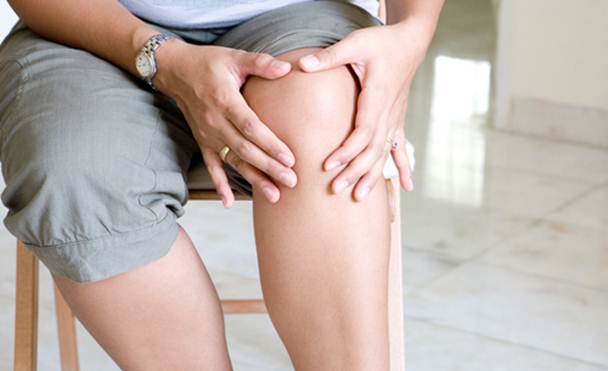
Osteoarthritis
is the most common form of arthritis caused by wear and tear of the cartilage
of the joints causing painful bone on bone contact
“Usually the morning is good because the
joints have been resting while you sleep but they hurt the more you walk and
stand,” says Professor Patrick McNeil, president of Arthritis Australia.
“The pain is caused by the bone hurting
because the cartilage that normally covers the end of the bone is
degenerating.”
If you have osteoarthritis of the knees,
keep your quadriceps or thigh muscles that control the knee joint strong. It
won’t ease the pain but it will help maintain joint function.
9PM – Stomach ulcers
“Some stomach ulcers are relieved by food,
so around this time the stomach is emptying after an evening meal and the pain
may increase. If you eat something light the pain may disappear again,” says
McCoy.
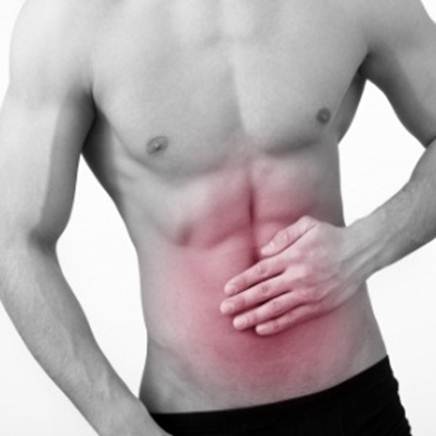
About
60 per cent of these ulcers are caused by the Helicobacter pylori bacterium
About 60 per cent of these ulcers are
caused by the Helicobacter pylori bacterium. About a third of people are
believed to carry these bacteria that live in the stomach lining and produce
chemicals that cause irritation and inflammation. Symptoms of stomach ulcers
include pain just below the ribcage, indigestion, nausea and vomiting.
Antibiotics and tablets to reduce acid in the stomach are standard treatments.
11PM – Labour
Midwives say women are most likely to go
into labour around this time, particularly if they already have children.
“Women usually won’t go into labour until
their other children are asleep, until they’ve finished everything they need to
do and when they’ve had a bit of a sleep and feel relaxed,” says Jan Ireland, a
midwife in private practice. She says most women go into labour between 11pm
and 4am.

“Women
usually won’t go into labour until their other children are asleep, until
they’ve finished everything they need to do and when they’ve had a bit of a
sleep and feel relaxed,”
“They go into labour when they are ready –
which is why you don’t see many women in the supermarket breaking their
waters,” says Ireland.
12AM – Eczema
Circadian rhythms control the production
of natural chemicals in the body, called mediators. At night, these chemicals
increase and they activate itch nerve fibres that make eczema irritation worse,
according to US research. Skin temperature also increases by about one degree
at night, adding to skin irritation.
“When people get warmer in bed, that can
set off itching and an itch is about a cycle. If you have an itch during the
day you might be distracted and so can ignore it. Lying in bed, people are less
distracted so they notice an itch, scratch it and it gets worse from there,”
says McCoy.
Keep skin moisturized and use
corticosteroid creams to manage serious skin irritations and inflammations.
Don’t get overheated in bed, keep your home well ventilated, and change bed
linen regularly to avoid dust mites that can aggravate itching.
2AM – Night walking
At night, the circadian rhythm sees the
brain release a chemical called melatonin which induces sleep. But in people
with depression this cycle is disturbed, leading to night waking.
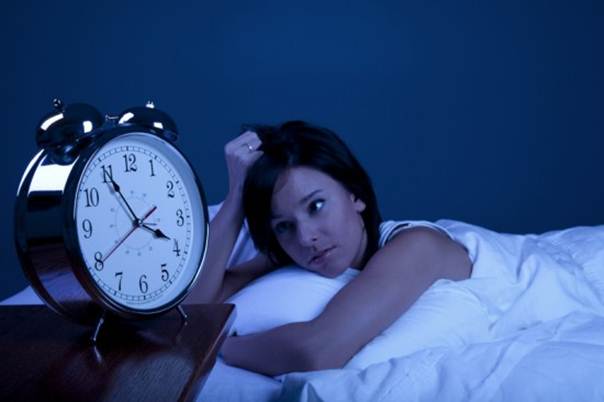
Regular
night waking can be a sign of depression
“People who suffer night waking don’t have
problems getting off to sleep but they are wide awake in the early hours of the
morning. They then start thinking and worrying about things and can’t get back
to sleep,” says McCoy.
“Regular night waking can be a sign of
depression and so, if people do find themselves waking often at night, it’s
worth seeing a GP to check for depression.”
3AM – Asthma
Circadian rhythms control the release of
the hormone, cortisol, which influences asthma symptoms. Cortisol levels are
lowest in the early morning and this leads to a narrowing of the airways. This
increases symptoms such as wheezing.
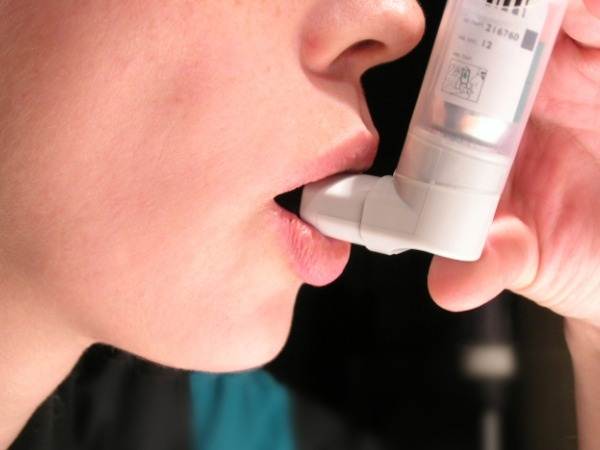
“When
cortisol is at its lowest, you are going to be most susceptible to attacks of
asthma,”
“When cortisol is at its lowest, you are
going to be most susceptible to attacks of asthma,” says Dr Simon Bowler,
chairman of the National Medical Committee at Asthma Australia. “But generally,
symptoms can be reduced in the early hours if people take their preventer
medication morning and night. The main issue that stops people getting good
asthma control is remembering to take medication as prescribed.”
5AM – Gout
Gout is the third most common type of
arthritis in Australia and it’s at its worst in the hours before waking. It is
caused by a build-up of uric acid crystals in the joints. Uric acid is carried
in our blood and is made from the breakdown of waste products in the body
called purines. Our kidneys usually flush out uric acid but sometimes it
lingers and forms crystal-like deposits in the joints – often the toes.
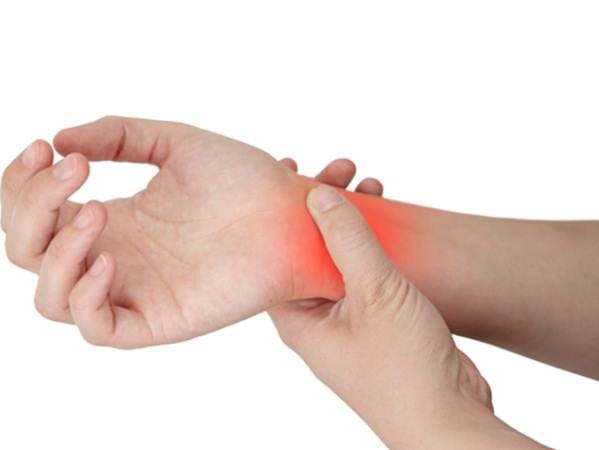
Gout
is caused by a build-up of uric acid crystals in the joints
“People go to bed without pain but wake
with intense pain. This is because cortisol levels are lowest during the early
hours of the morning and cortisol is the body’s natural anti-inflammatory,”
says McNeil.
The good news is that anti-inflammatory and
you can help reduce symptoms by maintaining a healthy weight and avoiding
high-purine foods such as red meat, offal, shellfish, scallops, mussels,
Vegemite and beer.